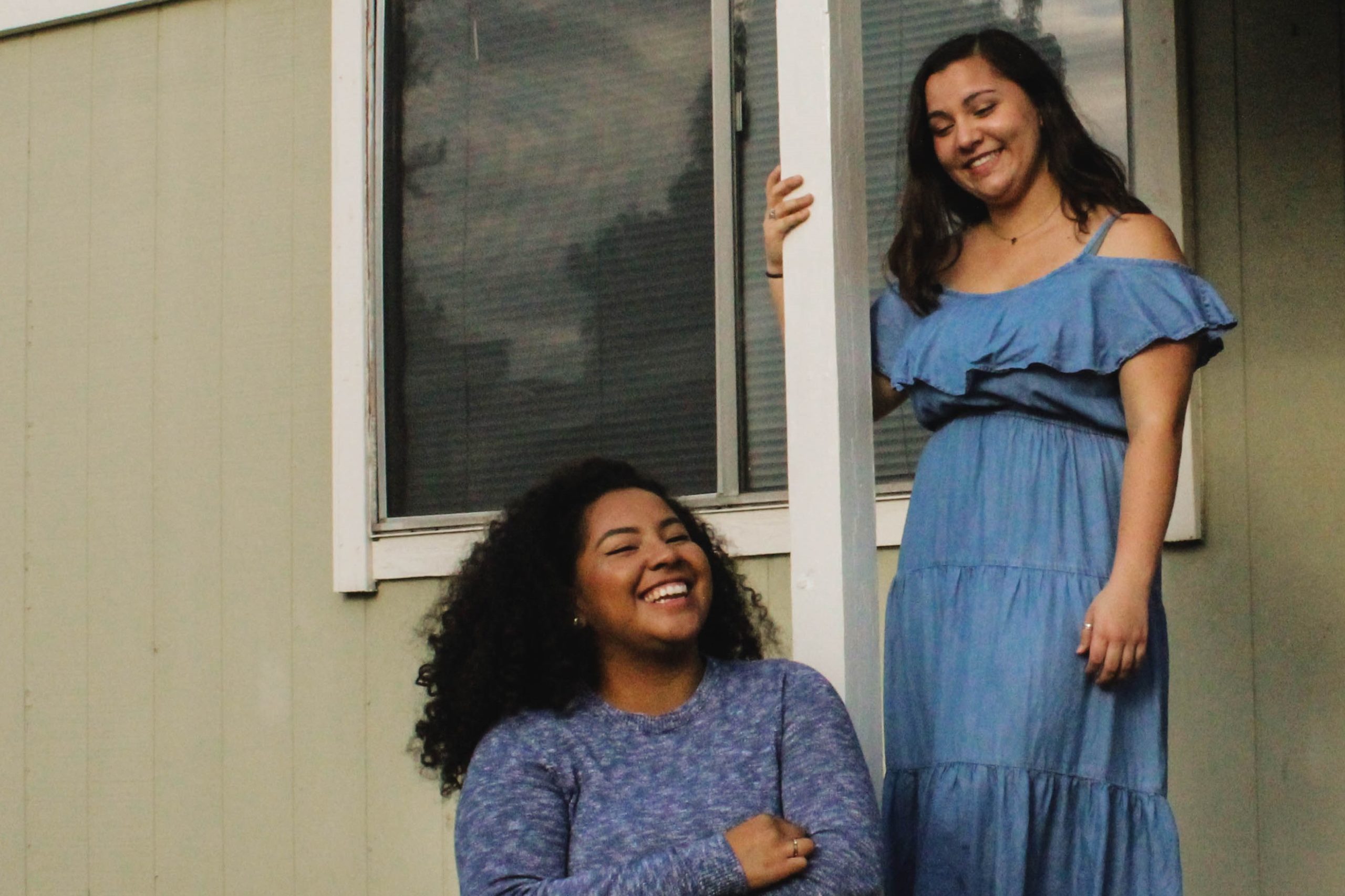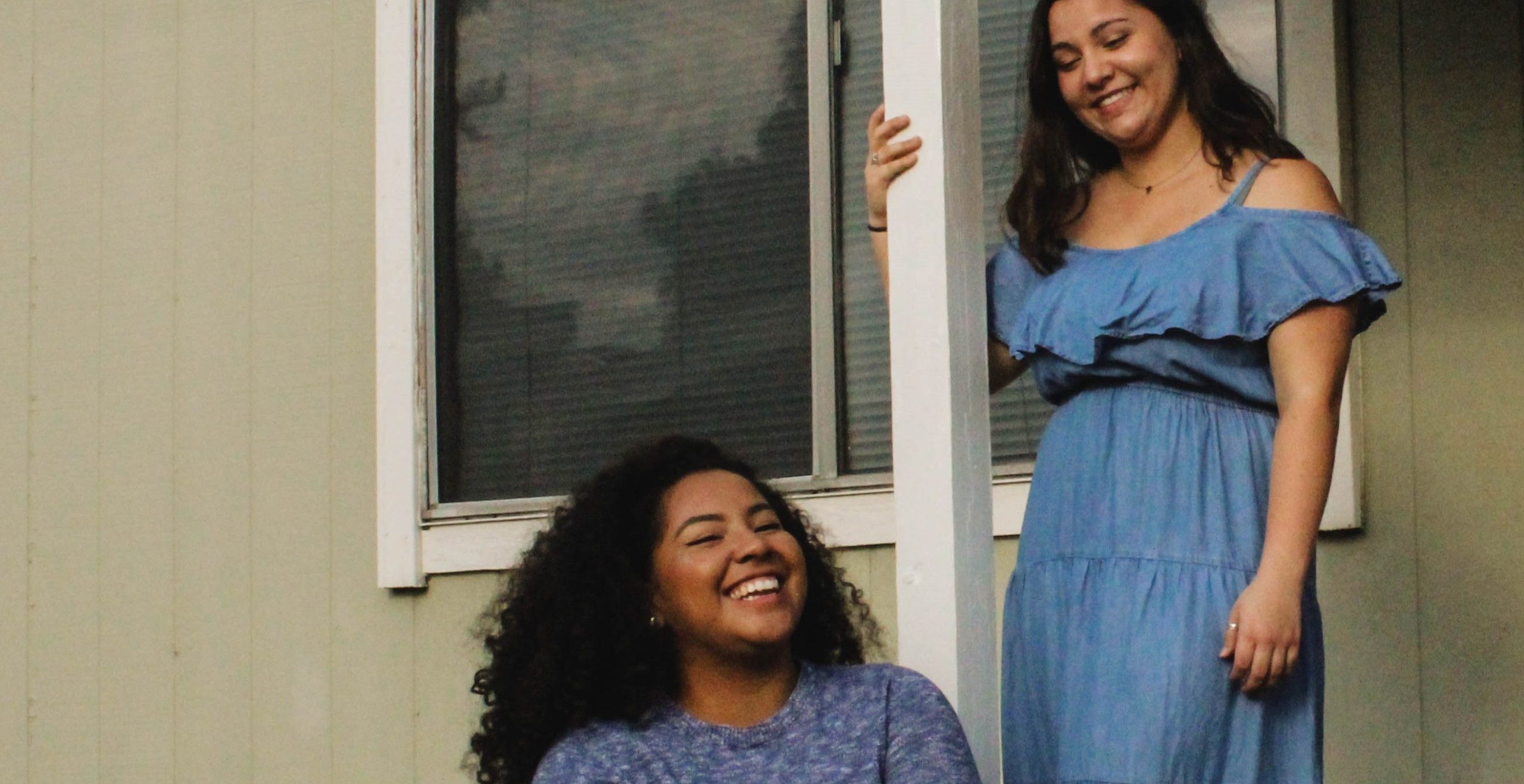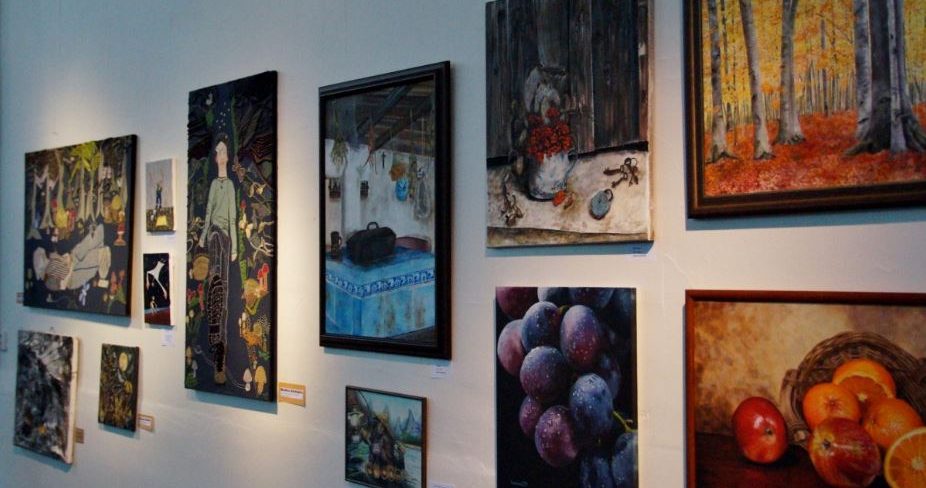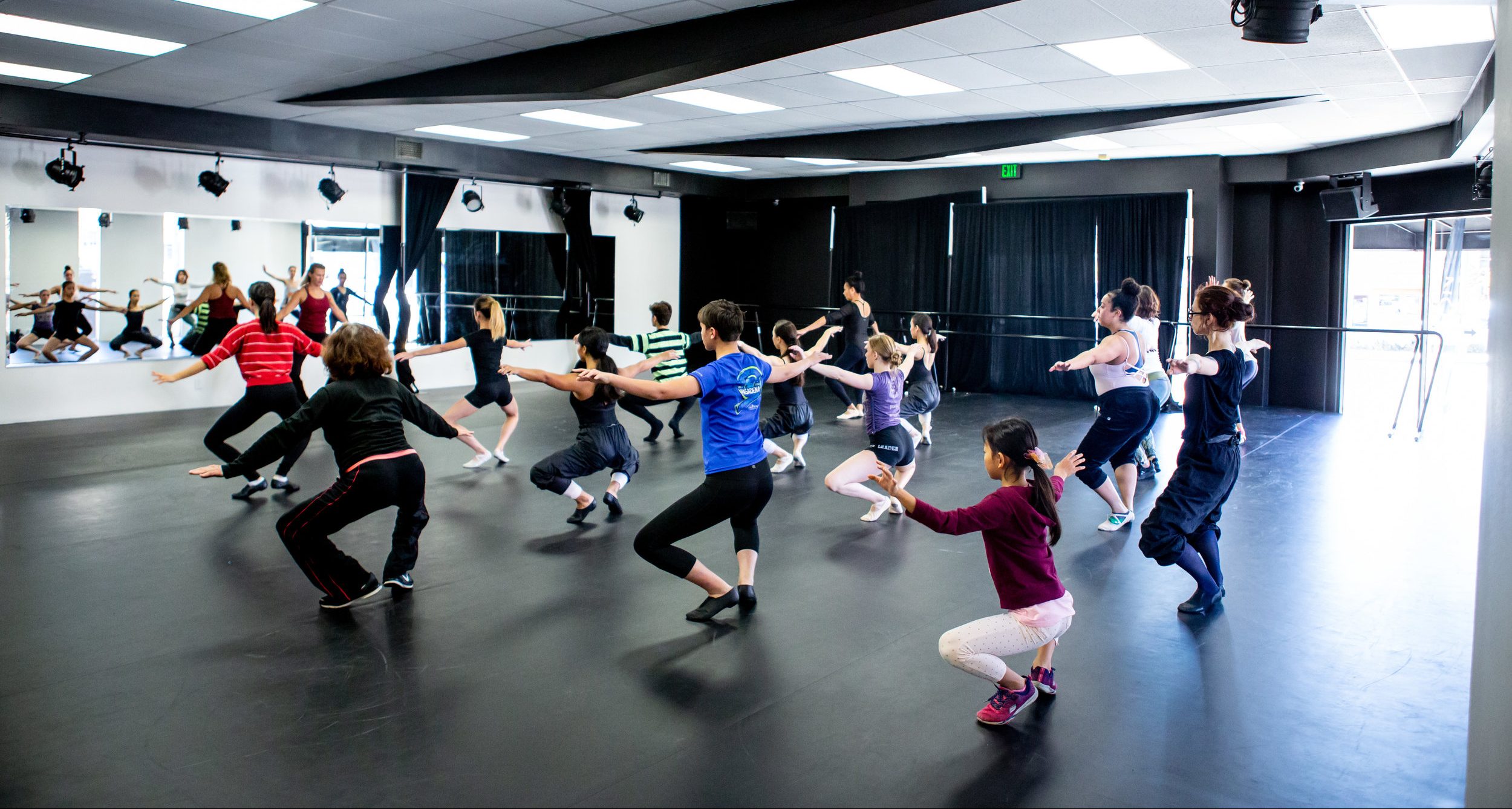
My best friend Sarah and I met in our scholarship program at Azusa Pacific University our freshman year. She has a bubbly personality that counters my more quiet personality. We often joke that because we know each other so well, we have become the same person. More importantly, over the course of our college career we have developed a long-lasting friendship that has kept us together through the more trying, as well as best, parts of our postsecondary experience.
When I asked Sarah about how and why best friends celebrate Valentine’s Day, she first began by telling me why having best friends are so important. She explained that having a best friend provides her with the chance to connect and grow with someone. Sarah said, “I prefer to have one best friend that I go to for things and so I can center my focus and trust in them.” What does this mean for best friends around the world who celebrate each other on a day that seems to center around romantic love?
On the official St. Valentine’s Day website, the holiday is explained as a day to honor the saint and celebrate loved ones in our lives. It’s a day to express our love and gratitude to significant others, parents, teachers, and friends. Despite the holiday being immensely commercialized, the general population of the United States agrees that Valentine’s Day can be celebrated with whoever we care about. However, the question still remained, is celebrating Valentine’s Day with you best friend(s) a cop-out? I asked several of my peers, both women and men, about their view about the holiday and their own experiences celebrating Valentine’s Day with their best friends.
“There’s an expectation that you go out with your significant other on Valentine’s Date, so anything other than that by definition is a cop-out,” Nick R. said in an interview. He explained that the role Valentine’s Day plays for single people can pose a problem but that it should not keep people from celebrating the holiday however they choose. Sarah added that it is more about how society labels Valentine’s Day. When I asked her about whether or not celebrating the holiday with friends is important, she said, “Especially within younger age groups, I think there’s more pressure to be in a relationship. That’s why I think it’s important to put an emphasis on other important relationships that mean just as much.”
Some of my other friends had different sentiments. Jessie explained that her and her friends do not go out. She explained, “We normally make food and stay in our pajamas and watch rom-coms while we complain about our love life.” Another friend of mine, Tabitha, confidently said that she does not really care about the holiday and that she believes it is the perfect opportunity for a spa day. “I buy something for myself every year. I buy myself a balloon, chocolate and flowers,” Tabitha explained. “I like to carry my gifts around with me. People ask, ‘Tabitha, who got that for you?’ and I say, ‘Me!’”
This lead me to ask, is the cultural shift of Valentine’s Day beneficial or significant to society?
“I don’t think it’s important, but it’s a fun day to eat chocolate,” Jessie said. “It’s just an added holiday that I get to hang out with the people I love. Just with the addition of Galentine’s Day makes it okay to hang out with people who are not your significant other.” I was intrigued. Those I interviewed came to a consensus that the concept of Valentine’s Day in the United States is mainly driven by the need to have a significant other in order to celebrate the holiday, especially for women. “I think there is a machismo idea that keeps men from celebrating with their guy friends on Valentine’s Day. I think the only way I would ask my guy friends to hang out with me on Valentine’s Day would be if I made it a joke,” Nick R. explained. Jonathan, however, said he would do it. “But I think there’s more of a social pressure for women to do something on Valentine’s Day.” Sarah agrees, and she explains that whether we like it or not, the pressure affects us women. My friend Abby added that Valentine’s Day is just a holiday whereas the relationships we have with people who are not our significant others are just as meaningful – woman or man. She said, “Even if you’re with someone, you don’t need a day to tell them you love them.”
But what about loving ourselves? As I read through different articles on best friends celebrating Valentine’s Day, there was a common thread of putting an emphasis on loving ourselves as an important aspect to celebrating the holiday. Many of these articles pushed for people to love themselves first before loving others. When I asked my friend Max, he said, “I don’t think you have to love yourself first because we’re on a process of learning to love ourselves. So, I think saying, ‘I need to be at this point in order to celebrate [Valentine’s Day]’, is not a good way of going about it. Valentine’s Day is something we all can celebrate at any stage in our life.” Jonathan echoed a similar opinion and explained that we have to be able to love ourselves every day because if we do not, we will not be able to love other people well.
Last year, on Valentine’s Day, Sarah and I went to dinner and a movie, and then we got ice cream. The year before that, we went to a movie and had dinner, then we got ice cream. She tells me, “Whatever works best for us is how we decide how we do our friend date nights for Valentine’s Day.” Jessie said that this year her and her girlfriends are having a fondue night at her apartment. Nick H., on the other hand, has other plans. “Last year all of my friends were really into memes,” he said. “So I gave all of my close friends Valentine’s Day cards with memes. This year I decided to do it again.” Max said, “I don’t really celebrate Valentine’s Day. I might buy myself discount chocolate, in the cute little heart box, because they’re hardcore on sale.” When I asked Jonathan, he said, “Normally my parents will send me a card. They would usually give me and my siblings a card with some chocolate or a small gift.”
Valentine’s Day has often focused our attention on what we do not have, when, in reality, the holiday allows us the opportunity to reflect on what we do have. By the end of our interview, Sarah came to the conclusion that the inclusivity of Valentine’s Day allows for the interpretation of the holiday to influence our opinion toward what love is. Although we have been best friends for two short years, we have realized the importance to celebrating each other in our busy lives, even on holidays that are meant for couples. “Even if it started as a day for couples, it has changed through the years where we celebrate love and happiness,” Sarah said. “It’s meant to bring positivity. When you’re excluded, you feel negative about it. The culture shift allows us to celebrate the love we have—romantic or not.”







